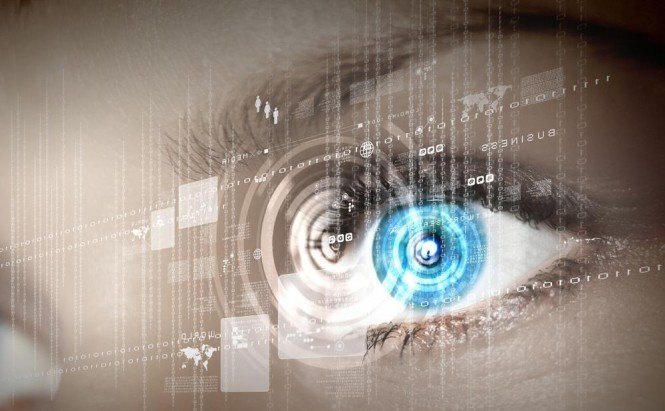In the world of Internet technologies we want to protect our data as effectively as possible. Almost on every step we set up passwords to ensure that no one can access the private area. The obvious inconvenience of long symbol combinations is that they are hard to remember. People have begun to create other ways of securing access – easier and safer.
Fingerprint reading and eye retina scanning are some of the most known innovations of the kind. Fingerprint readers have become an ordinary part of some mobile phones and laptops. From films we know about the existence of retina scanning devices, which are rather expensive. Though you might be surprised to learn that these two are not the only biometric peculiarities that can be used to differentiate and identify people.
Ear Form
 Ergo Can Recognize Your Ear Form
Ergo Can Recognize Your Ear Form
Scientists claim that human ears are as unique as eyes or fingerprints. They very slightly change over time, providing a stable identification solution. An application that makes use of this trait has been developed. It allows for unlocking your smartphone with your ear: you just have to hold your device screen next to your ear till the software detects the key points of your ear form. The program, developed by Descartes Biometrics, is called Ergo. Unfortunately, it is for Android only. A similar program for PC protection via a connected web camera could be useful too. It would provide additional protection layer for personal workstations. This technology is cheaper than the fingerprint one, as it doesn't require any additional devices apart from those you already have.
Heartbeat
Another way to protect your personal data is your unique heartbeat. The unique electric impulses are almost impossible to copy or simulate. Filament Creative are working upon a device called Nymi, which is supposed to simplify authentication process on your devices. It has the form of a bracelet that sits comfortably on a wrist. In this position it can read and remember your pulse rhythm. Nymi is supposed to substitute physical keys and passwords, allowing to ease payment operations, for example. Fitness devices that can read your heartbeat and help you keep an eye on your health already exist. Now a new field to apply the technology to has been found, and only a tiny step separates the world from bringing the idea to life.
Face Recognition
 Facebook Created DeepFace - Face Recognition Tool
Facebook Created DeepFace - Face Recognition Tool
Each of us has a very individual face form, eye position, nose proportions, lip shape, which make us different. Even twins, being very similar at first glance, can be distinguished by minor facial details, which we do not usually pay attention to, as we do not look as long as is required to figure out the differences. Facial recognition is built on the detection principle of these hardly noticeable divergences.
The technology seems to be widely used by law enforcement agencies to help find out if a person is in criminal databases or not, if we believe what films tell us. For it to succeed high resolution images of good quality are required. Smartphones tend to have better cameras with every new release, providing better photographies. This serves a basis for using the technology in phone unlocking. First steps in that direction were made by Samsung, who have this feature already active in some of their products.
However, at the moment face recognition performed by machines is no match to the accuracy of the human eye. The technology has to compare facial elements position, a process our brain does in milliseconds. Facebook have created DeepFace – a project that is claimed to provide the highest accuracy in face recognition available at the moment. Well, it is an interesting and remarkable step forward in this direction.
Face recognition could work perfectly for total security if combined with the heartrate reading software. This would provide several levels of protection, ensuring that no one can access your lodgings or PC, or whatever.
If these technologies find their way into our everyday life, we will be more secured than ever before. Till then we have to rely on good-old passwords.
Pictures credit: redorbit.com, cnn.com, products official websites.





The heart beat scan seems safer to one's health.